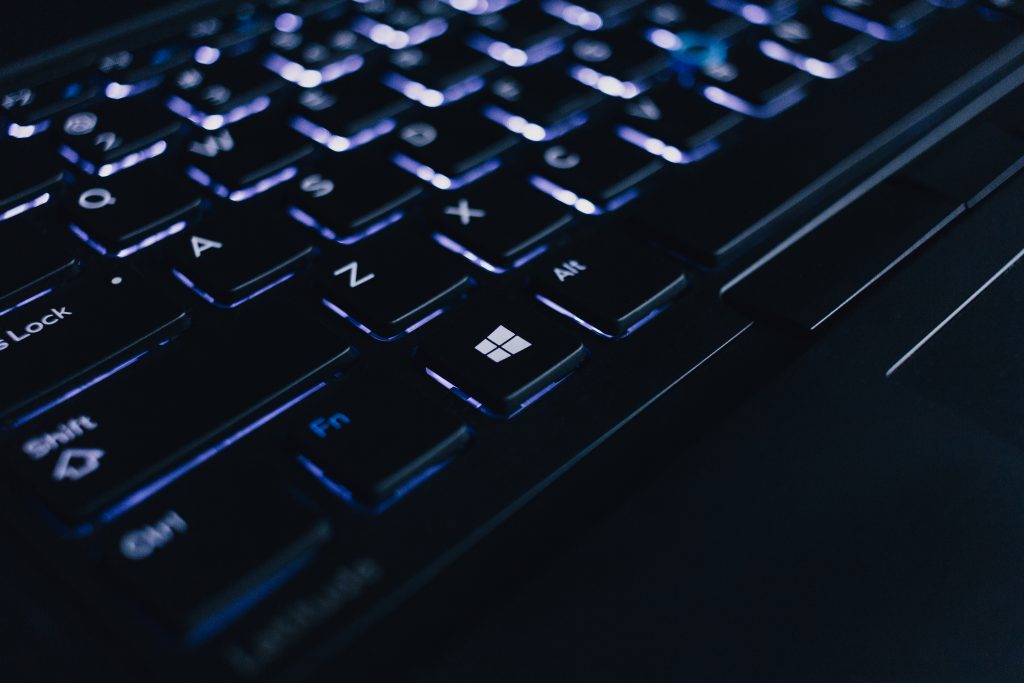Many people do not recognize what over the internet cyberbullying is or how unsafe it can be to an individual. Cyberbullying is negative and often aggressive behavior targeted at a particular individual that takes place through the use of technology devices and digital communication approaches. A cyberbully may utilize a smartphone to repeatedly send out offensive, insulting, threatening or upsetting text messages to you, or might utilize social networks to post reports or share personal details about you. Not all communities have cyberbullying dictates, and a lot of the areas that do have them specify that they just apply to university students or minors (considering that „bullying“ typically takes place among children and teens). In addition, not all states criminalize cyberbullying but instead may require that schools have policies in place to deal with all kinds of bullying among higher education students. If you are experiencing cyberbullying and your area does not have a cyberbullying law, it’s possible that the abuser’s habits is restricted under your jurisdiction’s stalking or harassment statutes (in addition, even if your state does have a cyberbullying legislation, your state’s stalking or harassment statutes might likewise safeguard you).
 If you’re a fellow student experiencing internet-based abuse by someone who you are or were dating and your state’s domestic abuse, stalking, or harassment laws don’t cover the particular abuse you’re experiencing, you may wish to see if your community has a cyberbullying regulation that might apply. If an abuser is sharing an intimate image of you without your authorization and your region does not have a sexting or nonconsensual image sharing law, you can check to see if your jurisdiction has a cyberbullying ruling or policy that bans the behavior. Even more info is available, in case you need it, simply click on the hyperlink here allfrequencyjammer !
If you’re a fellow student experiencing internet-based abuse by someone who you are or were dating and your state’s domestic abuse, stalking, or harassment laws don’t cover the particular abuse you’re experiencing, you may wish to see if your community has a cyberbullying regulation that might apply. If an abuser is sharing an intimate image of you without your authorization and your region does not have a sexting or nonconsensual image sharing law, you can check to see if your jurisdiction has a cyberbullying ruling or policy that bans the behavior. Even more info is available, in case you need it, simply click on the hyperlink here allfrequencyjammer !
Doxing is a common technique of over the internet harassers, and an abuser might use the information s/he learns through doxing to pretend to be you and request for others to bug or assault you. See our Impersonation page for more information about this kind of abuse. There may not be a law in your community that specifically recognizes doxing as a criminal activity, but this habits may fall under your community’s stalking, harassment, or criminal risk statutes.
If you are the victim of on the web harassment, it is usually a good idea to monitor any contact a harasser has with you. You can find more info about documenting innovation abuse on our Documenting/Saving Evidence page. You might likewise have the ability to alter the settings of your internet-based profiles to forbid an abuser from using specific threatening phrases or words.
 In many states, you can declare a suppressing order against anybody who has actually stalked or bothered you, even if you do not have a particular relationship with that person. In addition, almost all areas consist of stalking as a factor to get a domestic violence suppressing order, and some include harassment. Even if your jurisdiction does not have a particular preventing order for stalking or harassment and you do not get approved for a domestic violence restraining order, you may have the ability to get one from the criminal court if the stalker/harasser is jailed. Because stalking is a crime, and in some jurisdictions, harassment is too, the cops may jail someone who has actually been stalking or harassing you. Generally, it is a great concept to keep track of any contact a stalker/harasser has with you. You might wish to keep track of any telephone call, drive-bys, text messages, voicemails, electronic mails, so print out what you can, with headers including date and time if possible, or anything the stalker or harasser does, that pesters you or makes you scared.
In many states, you can declare a suppressing order against anybody who has actually stalked or bothered you, even if you do not have a particular relationship with that person. In addition, almost all areas consist of stalking as a factor to get a domestic violence suppressing order, and some include harassment. Even if your jurisdiction does not have a particular preventing order for stalking or harassment and you do not get approved for a domestic violence restraining order, you may have the ability to get one from the criminal court if the stalker/harasser is jailed. Because stalking is a crime, and in some jurisdictions, harassment is too, the cops may jail someone who has actually been stalking or harassing you. Generally, it is a great concept to keep track of any contact a stalker/harasser has with you. You might wish to keep track of any telephone call, drive-bys, text messages, voicemails, electronic mails, so print out what you can, with headers including date and time if possible, or anything the stalker or harasser does, that pesters you or makes you scared.
Comments are closed